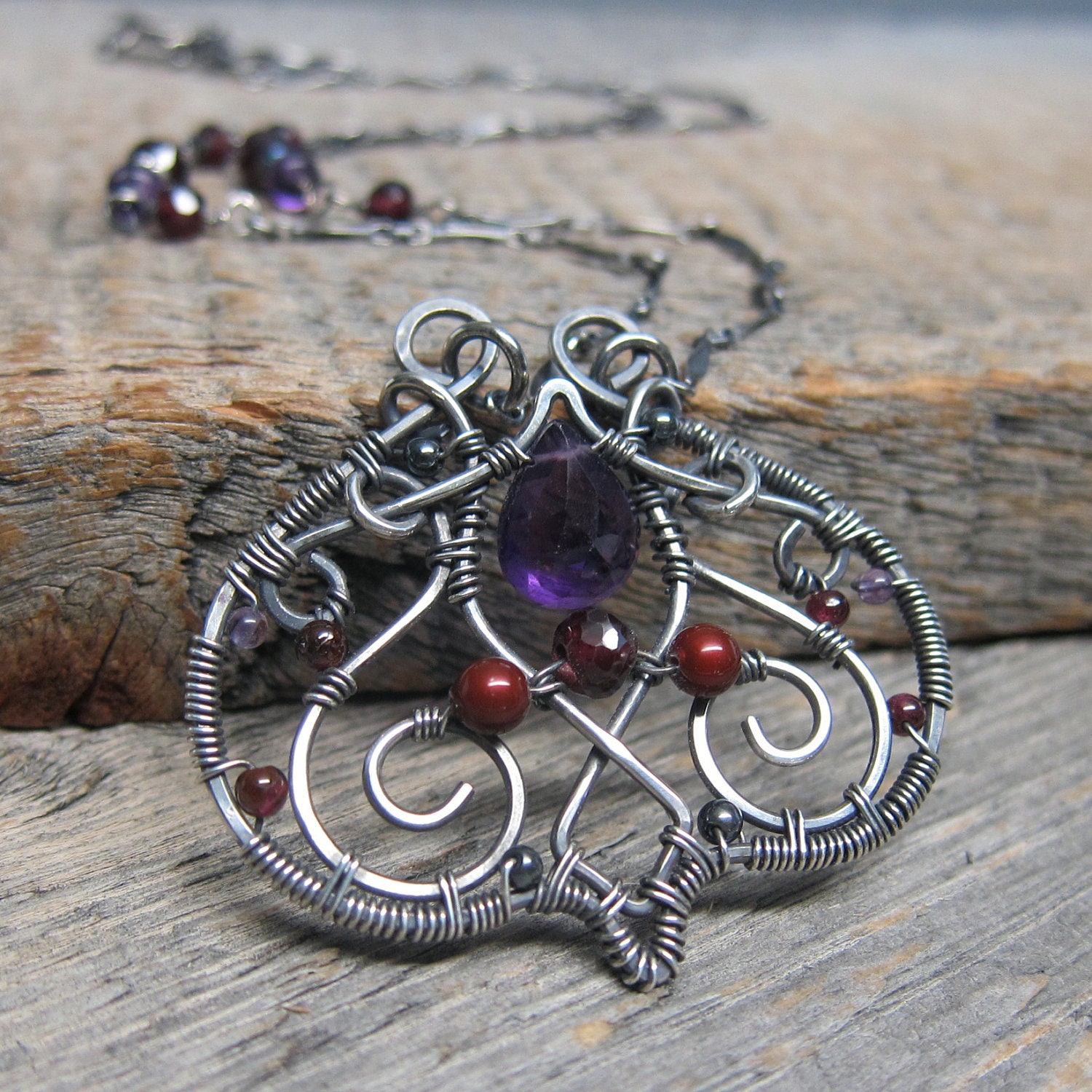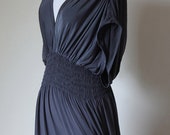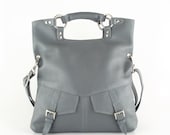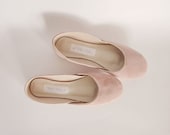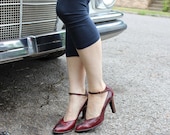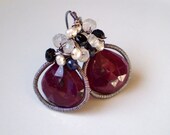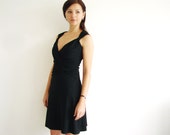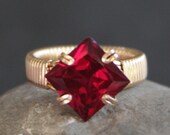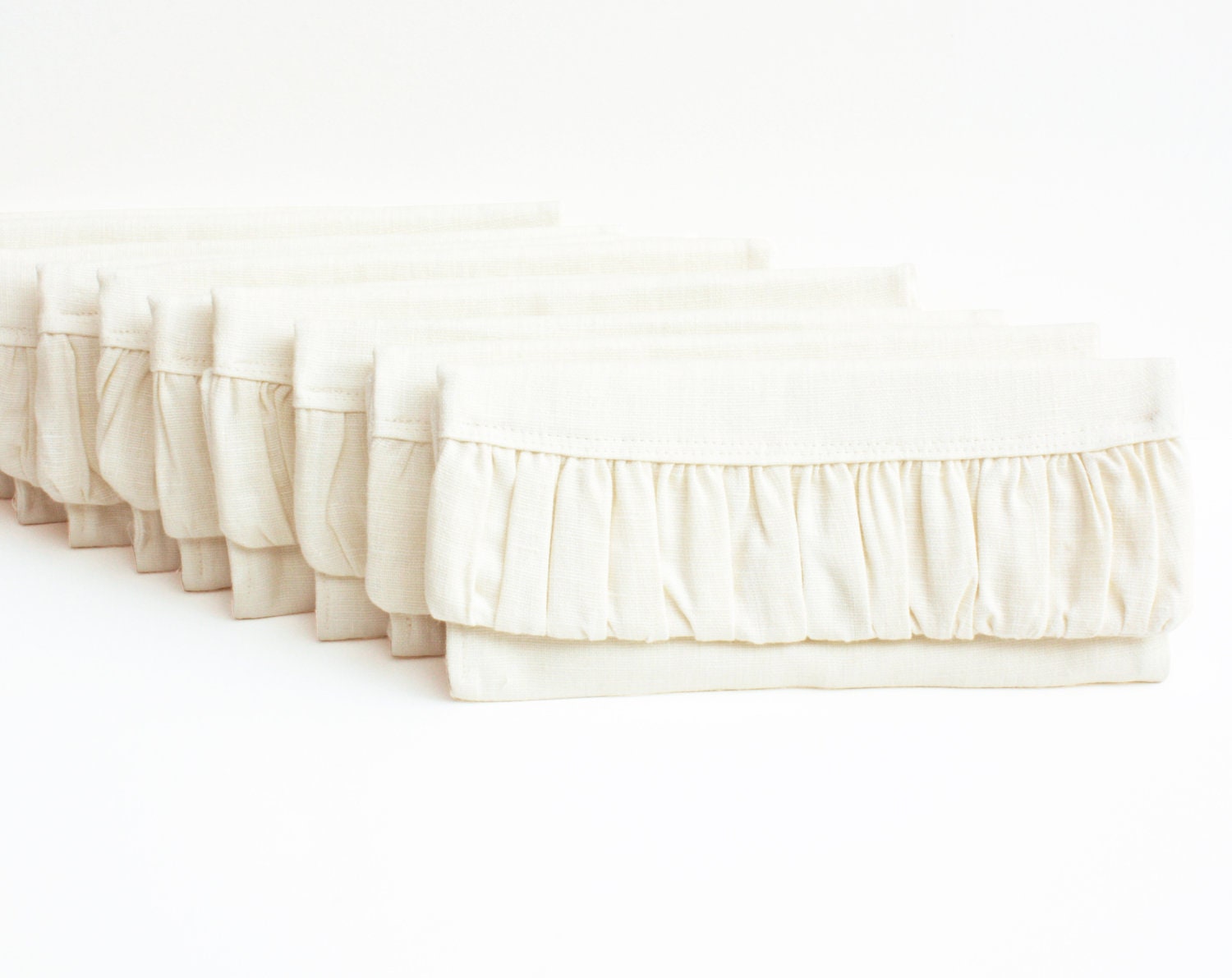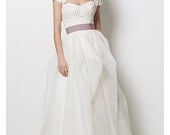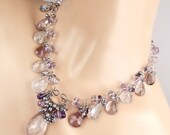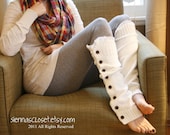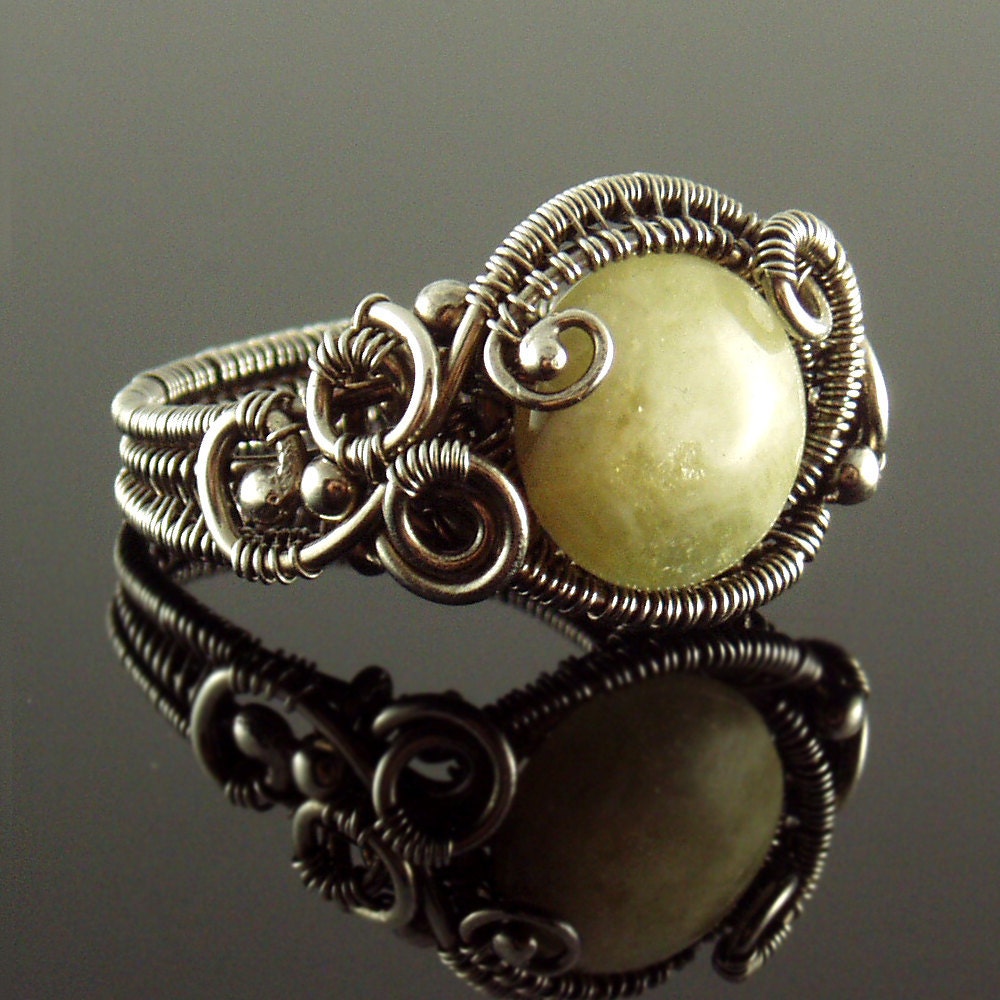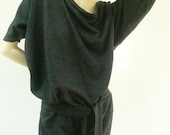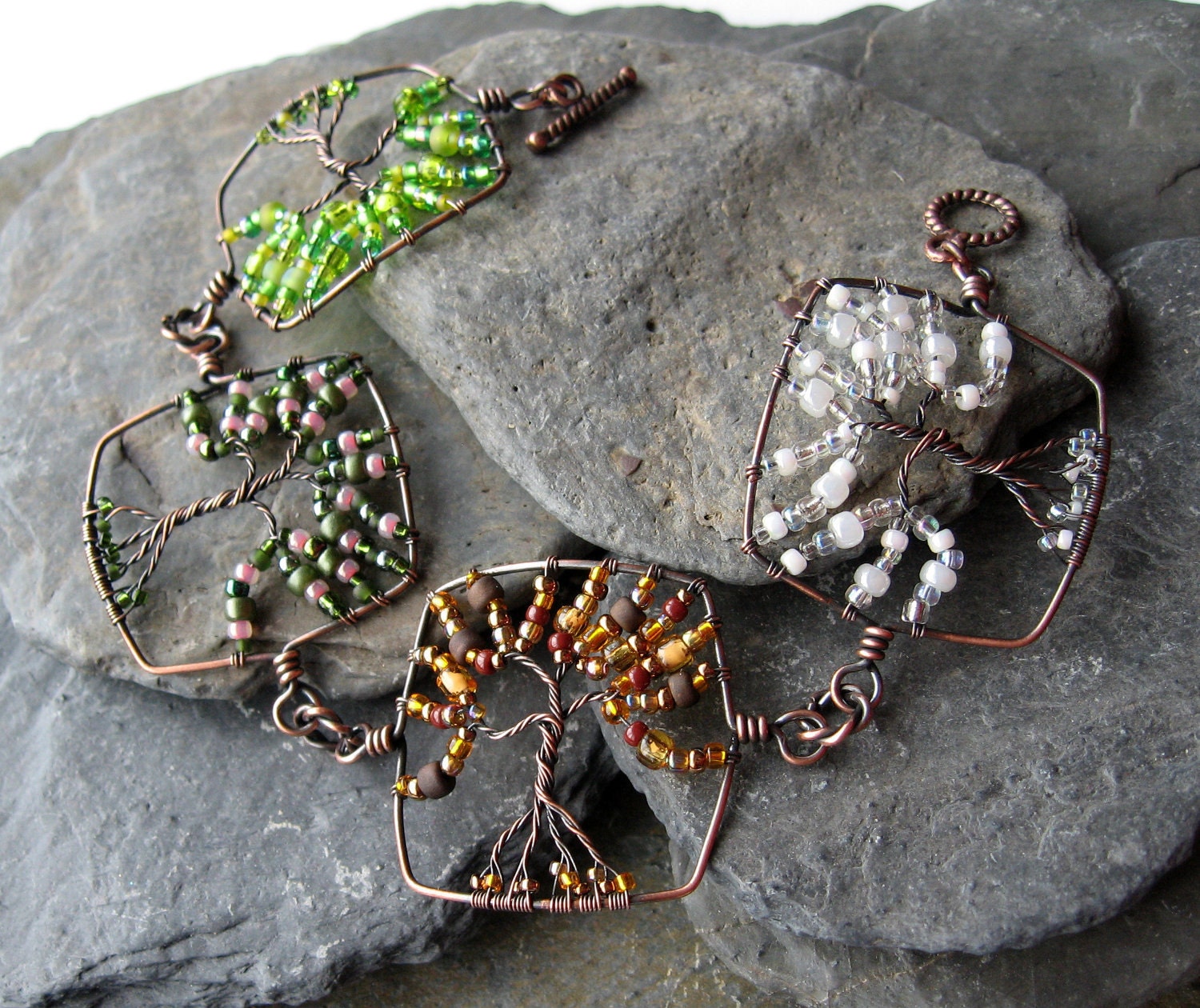This weekend my mom and I put together three of these peg board display cases. You may be asking why since we already have a ton of display supplies. After we finished up our show at
Maker's Fair in Union Station and talking to some of the other crafters, we found out our next show may not have as much space as we need. Most likely, we'll only have one table. This means a large portion of our display setup...aka the grid...probably won't work. Time to go back to the drawing board.

With this in mind and my love of
Pinterest, I found this awesome blog called
Sugar Bee Crafts. She does shows and had a post and tutorial of the Peg Board Display Case. She has a great picture of how she uses hers as a jewelry display. And so our adventure began.
Since we haven't taken these to a show yet, the pictures are not glamorous at all. I took them pretty quick with my phone as we were working.
Supplies you'll need:
1 sheet of Peg Board - Cut this into thirds then cut the thirds in half. You'll end up with 6 pieces about 2 ft x 32 in
*Have Lowes or Home Depot cut it for you before you purchase.
7 1x2 boards. They come in packs of 6 and were only $1 each.
Screws - Nothing fancy. Something at least an inch long just to hold everything together.
Drill - to screw the screws in.
Circular Saw - to cut the 1x2's. You could also use a hand saw. It's more labor but would work.
6 hinges - We had 3 packs of 2 from Wal-Mart on hand from a previous project.
3 locks - You can pick up 2 packs of 2 from the hardware store for around $2 each. Nothing fancy unless you want fancy.
Strap material - We picked up about 4 yards of silver strap material for Joannes for fairly cheap.
12 small washers
To Begin:
Since the do-it-yourself store cut your peg board, you don't have to worry about that. Now we just need to measure and cut your 1x2 boards to make the frame. The frame is going to go around the inside perimeter of the peg board.
You should also decide which side you want to be your "inside" portion. We chose the shorter ends to go inside the longer ends.
Step 1
To make it easy, we measured the long sides first then cut them. The 1 board of 1x2 made 3 of the long board. I think it was about 32 inches. Then we put the long boards on the peg board and measured from the inside of one to the inside of the other to get the length of the short board which was about 23 5/8 inches. Then cut out the short board. I think 1 board of 1x2 made 4 or 5 of the short boards.
You'll need 12 of each length boards.
Step 2
Once you get all your boards cut, separate them out to have 6 sets of 2 long and 2 short. Take your first set of 4 boards, 2 long and 2 short, and put them in a rectangle like the image above.
Screw each corner together. Your long board should be on the outside of your short board.
Step 3
Now that you have your frame, lay the peg board on top. If you measured correctly, the edges should be flush.
Screw the peg board down to the frame. Be sure not to go through one of the peg holes. Your board won't stay in place if you go through the hole so choose a spot without a hole already.
Carrie screwing the peg board to the frame. Go Carrie!
Step 4
Repeat the steps 2 and 3 until all 6 of your boards are made. (I have a picture at the start with a few made.)
Step 5
All your single boards should be done by now so we should be ready to turn it into a case.
Stack your boards together so the frames are on the inside. We are making an open pocket so you can hang things inside and close them in. Depending on what you have, you can leave your items inside as you transport them to your next event.
We put our hinges and locks on the long sides since we are looking for height. You can put yours on the short side if you don't want something quite as tall.
Locks and Hinges
Take out the first hinge from the package. It should come with 2. We put the hinge on so that we can fully open ours so be sure to test your hinge before you screw it on. Once you have the direction, screw the hinge in place with the handy dandy screws it comes with.
Step 6
Don't forget to add your lock. Go to the other side of the case to add this. It was a tad tricky. We had to test it before we chose the placement since we wanted to be sure that it stayed locked. Two sets of hands definitely came in handy for this...hehe.
Once you get the top part screwed in place, keeping the lower piece, carefully lift the lock. You want access to the holes for the screws but you don't want to displace your lock. Then screw it together.
Step 7
You now have your first case. Hold that thought though, you're not fully finished. This is the point when you paint it if you want. We haven't gotten that far yet but we plan on painting it white (I already have white paint otherwise I would prefer black).
Step 8
So you can easily carry your case, lets add some straps. To come up with the length, pick up your case. Hold it so your hinges or lock are facing the front. You should have an idea of where it will be comfortable when carrying. Place your strap over your shoulder and get a length. Then begin cutting your straps so you have 3. We also made shorter ones so if we want to hold it by hand instead of over the shoulder, we could do that too.
Once you cut your straps, burn the ends to keep them from fraying.
Since we haven't painted yet, we haven't added our straps either but this is how we plan to do that.
Place your strap where you want it on your case. Be sure to have both ends on the same side so you can still open the case. Put a washer toward the edge and screw the strap in place. If your washer/screw is small enough, put two down.
Follow the same procedure for both sides and each subsequent strap.
Viola! You now have a Peg Board Display Case that you can carry to your next show.
If you don't want to hear rattling, you could try to put some foam between your items before you close the case. I haven't tried it, but it might help dampen some of the noise. I know I hate riding in the car with noisy display items.
So, what do you use inside to hang your items on? If you get the 2 inch pegboard hooks, they'll fit inside the case and the case will still be able to close. I like that idea. It's a pain to put them all in and then put in any jewelry then have to take it all off again.
Good luck! Let me know if you have any questions. I'll post a picture of our completed cases once I get them all painted.
Thanks for reading!
Brittney








